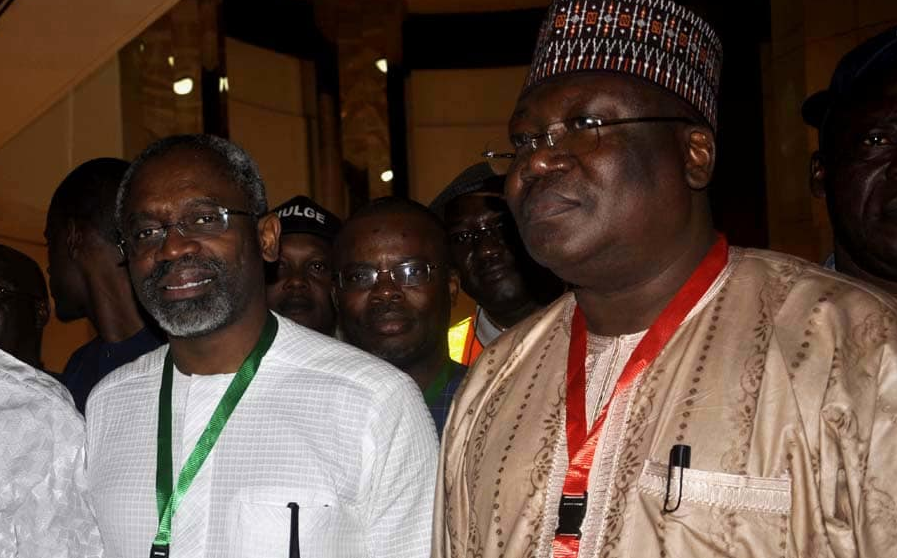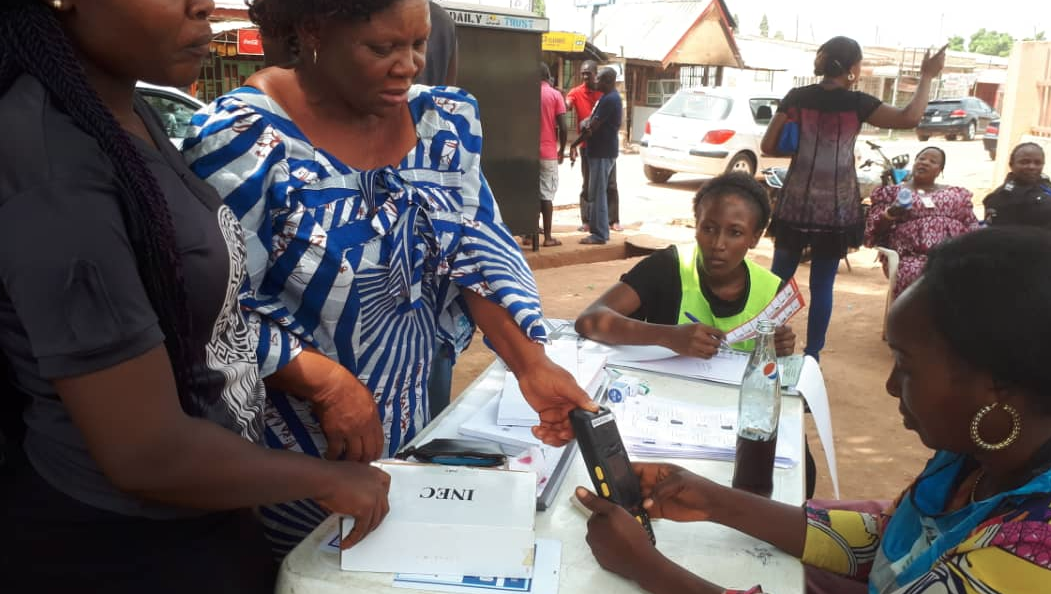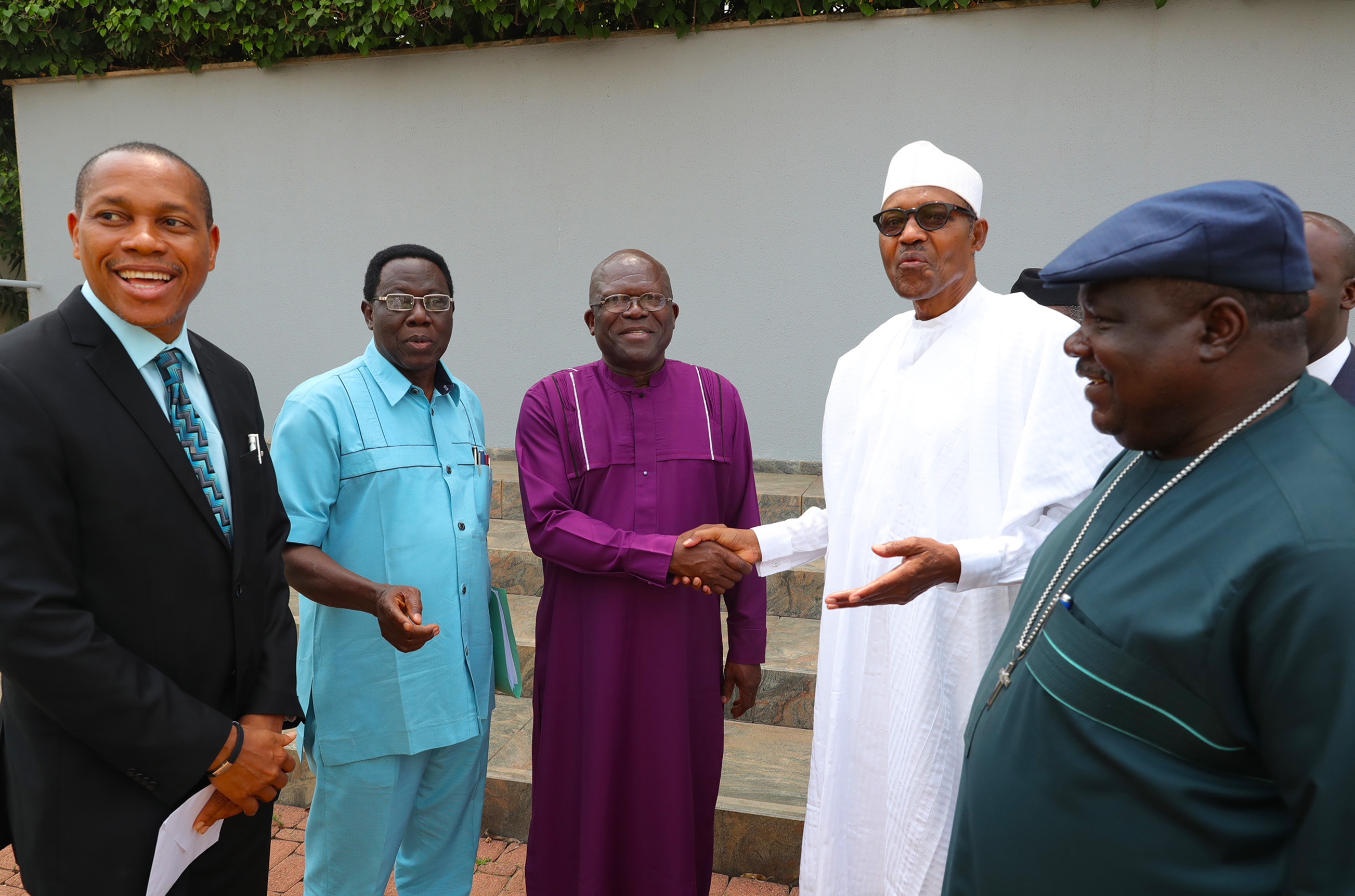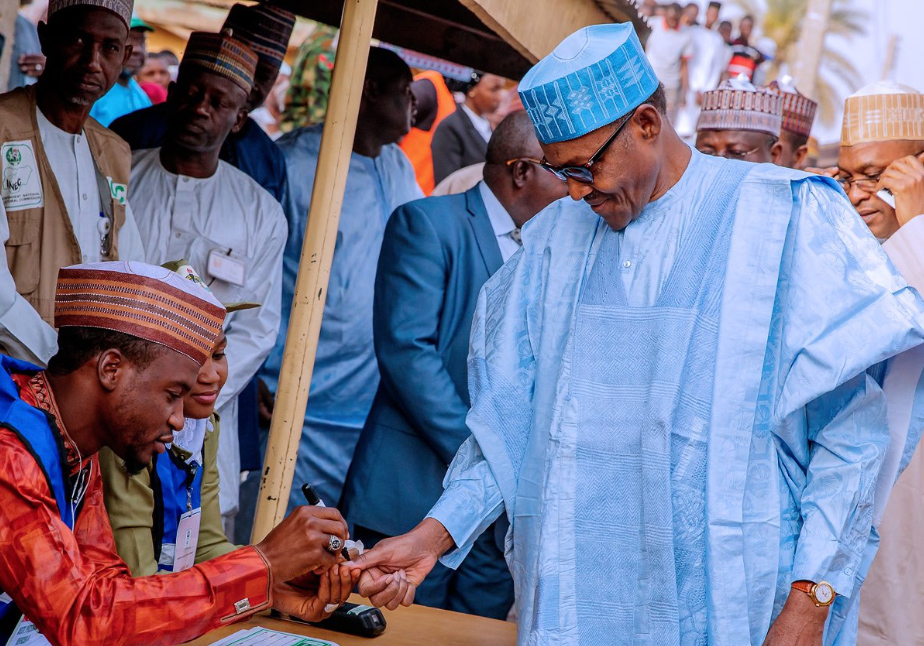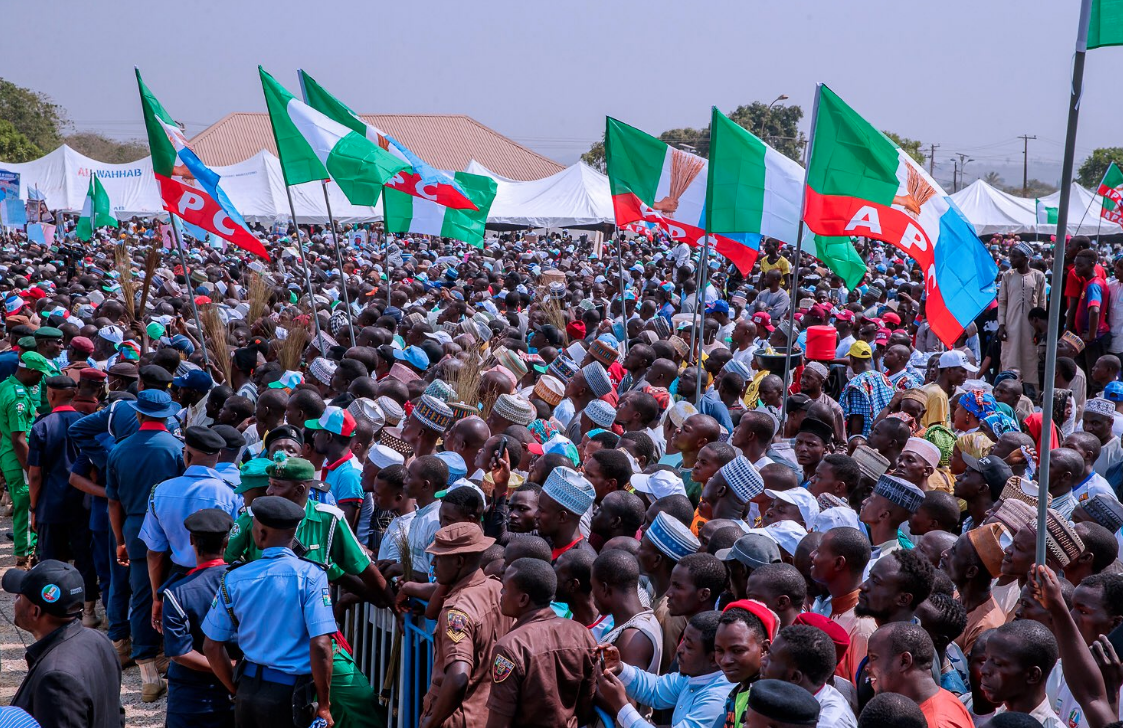It was one coup where a civilian would outstrip a full-star General in the deployment of loyal troops and clinical execution of the grabbing of power. On display were the legendary cunny, serpentine manipulations, military derring-do and the power-baiting bravura that are associated with post-colonial soldiers. But that these will be on display in a civilian regime and by a civilian with no epaulettes on his shoulders is the bafflement. By the time they struck, the General was not only caught napping, he spent the next four years brooding and lamenting his clinical upstage by a man whose only qualification for this rout that was reminiscent of the Zulu war hero, Chaka, was a tutelage under his father’s political wiles machine.
It was a coup which should enter the Guinness Books of Records for its planners’ possession of the furtive acumen of Iliya D Bisalla, Major General in the Nigerian Army and Minister of Defence under Murtala Mohammed who was executed on March 11, 1976. Bisalla, trained at the prestigious Royal Military Academy Sandhurs and a course mate of General Hassan Katsina, who though was a principal planner of the attempted take-over, was so discreet about his involvement in the assassination of his junior in the military who was the Head of State, Murtala, that for weeks after the bloody coup, he was still strategizing with the top loyal officers of the Mohammed government, like General Theophilus Danjuma. As an aside, till today, Bisalla’s execution at the Lagos bar beach is still controversial as his identification by Lieutenant Colonel Bukar Suka Dimka, a known loquacious drunkard and sybarite, as the principal suspect in the coup who gave the plotters operational order was uncorroborated by anyone else even as the secret military tribunal which tried the plotters in 1976 ordered his execution and 31 others upon being found guilty.
The civilian coup under reference also possessed the sweeping manipulative power of a Dimka which, in spite of all the security information available to the C-in-C, government didn’t have a whiff of the meticulously organized strike. But when the coup planners struck, they paralyzed establishment plan like the poisonous venom of a mamba which, immediately it strikes its victim, leaves him totally immobilized, its poison meandering through his veins majestically and finally hitting the cusp of his heart.
Bukola Saraki, son of Olusola, Ilorin, Kwara State political generalissimo, medical doctor and politician didn’t look like one who had finally been inducted into this deadly political conclave where his father was the Chief Priest. His look belied the mastery of this scant-blood-running-in-his- veins disposition and deadly passion. Bukola actually cuts the mien of a pastor presiding at a child-naming ceremony. Those who have met him speak of his skin that looks more like that of a Mammy Water, the fish goddess resident inside the tributary of the sea. But that is the forte of deadly power machine, the inability of their adversaries to pre-judge the strike of their sting. So when Bukola struck on June 9, 2015, with his consort of acolytes, senators who had just been elected into the National Assembly, they cut General Muhammadu Buhari, a man who had once been military Head of State and infantry General, gasping for breath.
Advertisement
The story of how Bukola sold the retired full-star General a huge dummy on the morning of that June 9 is already in the public domain and shouldn’t be retold here for its tendency to detain the reader unnecessarily. Suffice to say that while Buhari called for a meeting slated for 9am at the International Conference Centre, a meeting which Bukola assured the Daura-born soldier he would attend, he diverted his crop of coup-planners, including the rump of his erstwhile party, the PDP, to the Senate chambers, where Saraki was elected Senate President. Martial song singing but unheard by all except the coup planners, he and his senator recruits in this rebellion promptly moved into the National Assembly complex, assisted by a detachment of police deployment for this nocturne plot, who cordoned the complex off to prevent interlopers and foot soldiers of the Villa from accessing the venue of the coup. News only filtered into the seat of power after Principal Officers of the chambers had been elected.
Now elected into office for a second time, this goblin that entered his living room at the dead of the night and which dealt his government irreparable blows for the whole of the first tenure in office, is what Buhari and his apparatchik in the All Progressives Congress (APC) are battling to stave off from making a return bid into the sacristy of presidential palace. Unfortunately however, this ghost seems to have permanently stuck to the lectern of Buhari’s sitting room, with a vow to always deal him a blow where it hurts him most. It is on record that that singular misstep of not having a voice in who became principal officers of the National Assembly in 2015 constituted a major debilitating blow to a Buhari government whose own intrepid cluelessness contributed to this feeble voice in the legislature and its emasculation in the period of its first tenure.
Like it did in 2015 but with a remarkable hyper-activity on the reverse, the APC, personified by its Chairman, Adams Oshiomhole’s legendary stiff-necked disposition and intransigence, is this time around accessing the issue of election of Principal Officers in the national legislature with a wrong foot that is capable of throwing up a leadership that may work down the path of the rebellion of the Saraki era or at best, succeed in midwifing same strange Siamese twins that the APC had in both Saraki and Yakubu Dogara. More importantly, the spanners they are throwing into the works of democratic government rankles in the understanding of this system all over the world.
Advertisement
The APC, symptomized by the garrulousness of Oshiomhole’s National Working Committee (NWC), is forgetting the kernel of legislative rule that the choice of principal officers of the National Assembly is a key constitutional function to be made by the Senate and House of Representatives themselves and not any political party, ruling or minority, nor the executive of Buhari. Being the first business of the legislature immediately it resumed session, the House Rules do not recognize the intervention of any political party and is political party-blind in terms of who could become a principal officer of the legislature. It must be recognized however that it has been the norm in virtually all democratic structure of the parliament that the majority is always carrying the vote. There is no section of the House Rules that states that a dominant party should produce a particular principal officer. It is an internal decision of the parliament, abhorrent of the meddlesomeness of the party. This was why an Ike Ekweremadu of the PDP sidled himself into the topmost hierarchy of the legislature by becoming the Deputy Senate President, even when the norm frowns at this legislative interloping.
The APC apparently believes that this combative disposition to this issue of election of Principal Officers at the National Assembly is a model that is needed in the administration of a national political party. Which is wrong. The party’s sabre-rattling and its chairman’s needlessly combative disposition, coupled with his minute-by-minute querulous attitude to national politics cannot endear the party to its constituents. Granted that a national party does not need to be estimated as effeminate and a sissy which can be trampled under feet by every Tom, Dick and Harry, the party needs to earn the respect and trust of its constituents, not their dread. The APC leadership is coasting home with the trophy of the latter. Its constituents in the state do not respect either the party chair nor the party he leads and this leads to the chair flexing muscles in the public space and seeking to muscle out every opposition to his tyranny. When a party is always there to vend its responsible intervention in areas of conflict, diffusing contests and being equitable and just wherever there are dissents, that party and its leadership would be seen to have earned the trust and support of its party men and women.
What governments in power and their political party can do and which they have always done, is to cut deals with the parliament, what in legislative parlance is called lobbying. I am not aware that it is a democratic credential for a political party to choose for or choose its principal officers. It is always a furtive and behind-the-scene maneuvering that involves a lot of horse trading, deals cutting and weaving of permutations, a task akin to the art of a weaver of tapestry.
The approach of the APC NWC has been the approach of the party since it came into office in 2015. There is too much public space prattling which derides the time-worn underground positioning of the party for the principal offices in the parliament. The election shouldn’t be a media thing at all. By making it a public space rant, the party stands the chance of repeating the 2015 mistake that allowed the principal office positions slip into the hands of vultures of power waiting for the carcass of a prattling political party. Granted that the APC already has a majority in the two parliaments, it does not have a monopoly of the hearts of the legislators. Who says that APC’s peremptory and off-handed allocation of persons and zones to the principal office positions, which it did with needless trumpeting, cannot be rebelled against, thus making it to fall face flat like a pack of cards?
Advertisement
You can compare this ambitious path the party is treading to what happened in Julius Caesar’s Rome. You will recall that the Roman parliament moved against Caesar because it said his ambition of seeking to foist an imperial government on the republic was hurting the polity. As early as 133 BC, Rome was a democracy that the world envied but a little over a hundred years later, this system of government which Rome derided in Caesar was eventually foisted on it in 31 BC by Octavian, Caesar’s adopted son and nephew, the new Augustus of the empire and Rome was eventually governed by an emperor. The Caesar ambition, which eventually resulted in his untimely death in the hands of those Rome called a posse of senators, who had earlier murdered Tiberius Sempronius Gracchus, also a young aristocrat, is akin to the gilded ambition of the NWC to foist a parliament of party yes-men on the National Assembly, violating the parliament’s right of choice of its leaders.
Even though the world over, the norm is that the party that has the majority in the parliament should have the ancillary benefit of producing its principal officers, it is not done in defiance of parliament rule which dictates that the exercise is the absolute prerogative of the two chambers. The NWC’s rigid disposition to this task is capable of mutating into rebellion in the parliament and thus the moulding of a conclave that will dismantle the party’s hegemonic construction of parliamentary power. Already, the choice of Yobe State Senator, Ahmed Lawan by the NWC, rather than Ali Ndume, has pitted not only the two against themselves but has divided the party along these fractious lines. The danger is that an Ndume, with support of the PDP and his grudging allies in the APC can produce a Senate President with the dissembling potentials of a Saraki. Instead of seeking mutual consensus by carrying all forces along which would make the eventual election of principal officers a fait accompli, the NWC’s approach is similar to that of a titular, forcing its pre-decisions down throats of National Assembly members. It is on record that the latter too see the parliament as merchandizing and a place to recoup maximally from their seed money at the polls.
Even though largely muted, the Buhari government’s meddlesomeness in the choice of the National Assembly Principal Officers is very loud. The government is conducting the interloping in a manner that is strange to democratic politics. The principles of separation of power and checks and balances are the fulcrum upon which participatory democracy hangs. The way the APC government is defecating on democratic practice by unabashedly poke-nosing into the affairs of another arm of government, the legislature, is an affront on the practice worldwide. There can be no check, nor balance if the executive is the closet elector of the leadership of the legislature. Not even the Greek who gave democracy to the whole world did what Buhari and his leg men in the APC are doing to the legislature at the moment.
The rat race of the party and its parliament rats may not only backfire, it may return the APC to its debilitating and unenviable status quo where a party in government is engaged in a Babelian rancor with its party-dominated parliament in the passage of bills favourable to the government. Yes, a Saraki/Dogara-kind National Assembly may be deleterious to the APC, but the truth is that, it was necessary to keep Buhari on his toes and stop him from becoming an emperor. Foisting a rubber stamp, groveling and yes-men principal officers on the parliament may, in the short run, be productive for an APC-led government, but it will surely be inimical to the teething democratic practice that Nigeria is fiddling with.
Advertisement
Come to think of it, who says this frenetic rush to foist principalities on the National Assembly is in the interest of Nigeria or the electorate that voted the politicians into office? It is an elite maneuver with the intention of perpetuating cronies, allies and stooges in powerful positions, the ultimate ambition of which is to extract prebends from Nigerian coffers into the purses of the political godfathers.
Advertisement
Savages among us who give thumbs-up to Joseph Conrad
Two separate occurrences that are gaining currency in the media space are issues which should arrest the attention of Nigerian authorities. The first is the alleged clubbing to death of an officer of the National Union of Road Transport Workers (NURTW) in Akwa-Ibom State by a policeman and the other, a trending video of the merciless beating of a young man by soldiers for wearing an army camouflage. The two incidents point to the animalistic tendencies of uniform-wearing forces in Nigeria, a throwback from the days of military regimes.
In the second incident, a young man was so inhumanly subjected to beatings with a horse whip that he couldn’t stand on his feet. Soldiers who inflicted on him this macabre beating had among them a female. In the second episode which occurred in Uyo, policemen allegedly clubbed the man to death because his boys resisted a soldier who converted his personal car into commercial activity and thus loading passengers, a turf seen as exclusive to themselves by road transport workers.
Advertisement
Why the authorities have to be interested in the two episodes is that humiliation of Nigerians and this resort to barbaric practices should by now have evaporated in the mentality of Nigerian uniform-wearing forces. Nigeria cannot claim to be aping democratic practice yet flagrantly disobeying the dictates of human rights. The Chief of Army Staff and the Inspector General of Police, or whoever is in charge of purging soldiers and uniform wearers in general of their tendency to run backwards to embrace and exhibit our consanguinity with our pre-historic ancestors – the ape – should not rest on their oars in this onerous task. The rate at which our Egypt – the place of bestiality, of human desecration of humanity – still excites our brothers in uniform is legendary.
These characters remind me of Joseph Conrad’s Heart of Darkness. By the way, Conrad, Polish-British novelist’s 1899 novella is a narrative voyage told by the narrator, Charles Marlow, who voyaged up the Congo River into the Congo Free State aboard a boat which was anchored on the River Thames. Conrad’s thus provided an opportunity to legitimize British imperialism and racism and create a parallel between London, his archetypal “greatest town on earth” and Africa, “places of darkness.”
Advertisement
As a prelude to the sanitizing of these men with hearts of darkness that I crave, can the army authorities fish out these inglorious exhibits of Conrad’s reductionist mind, make public examples of them and fumigate their darkened hearts until they conform with the heart of a typical human being living in a democratic society? It is high time we flushed out these artworks of Conrad from Nigeria.
Views expressed by contributors are strictly personal and not of TheCable.
Add a comment

